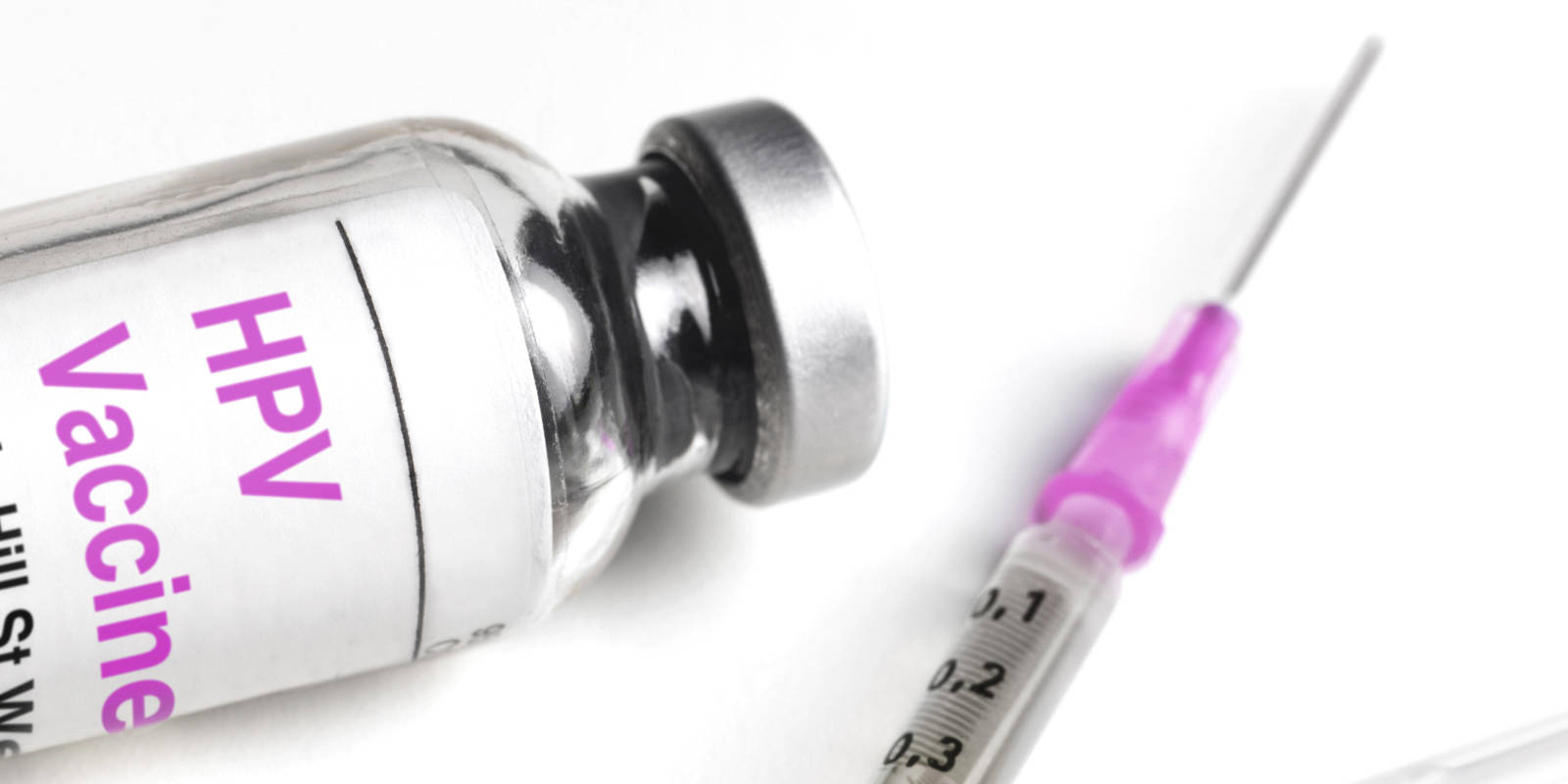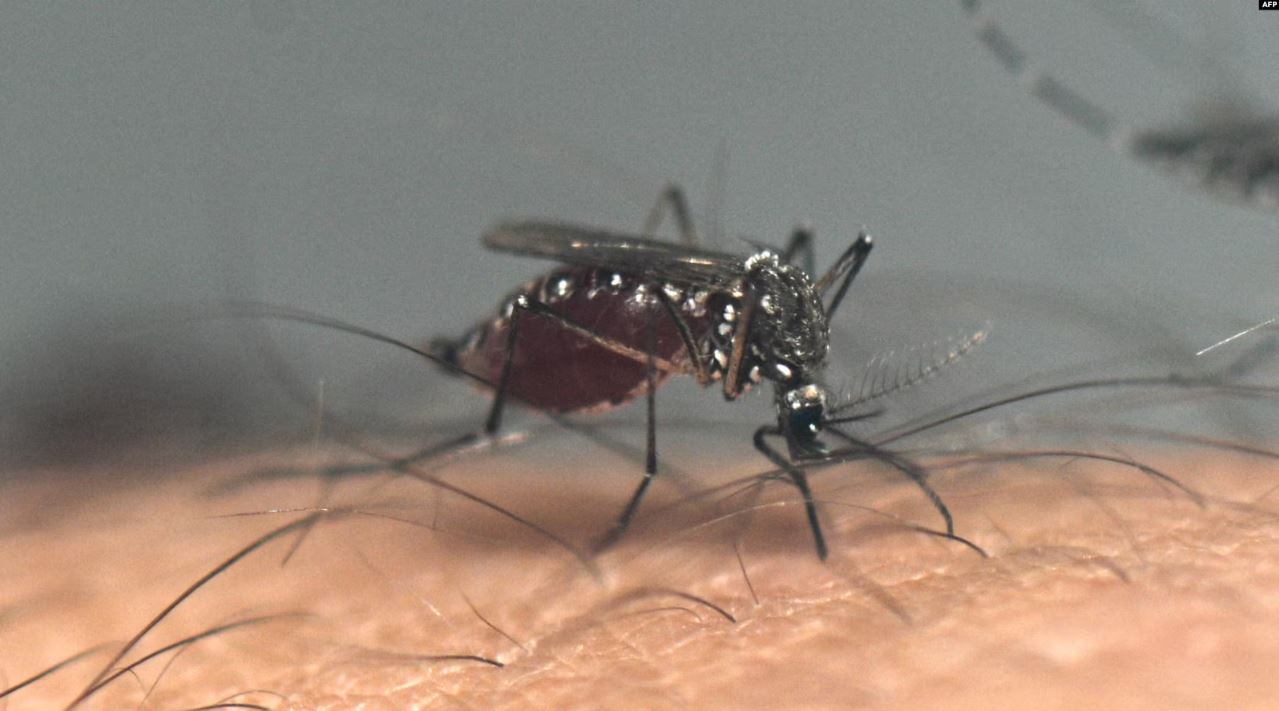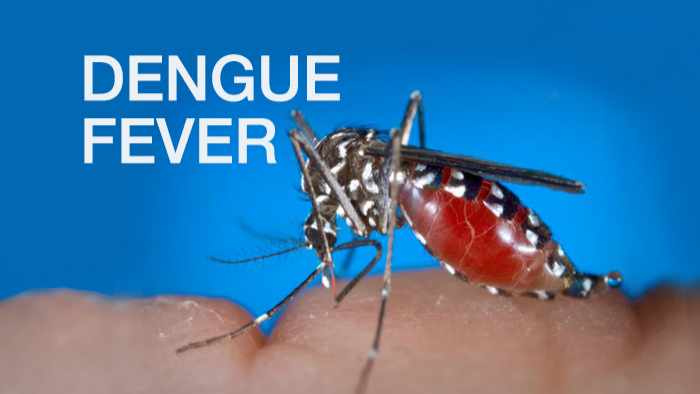The Guyana government Tuesday said it will embark upon a programme to vaccinate approximately 36,000 girls between the ages of 9-16 years with the HPV vaccine.
The Ministry of Health said that it is collaborating with the Pan American Health Organization (PAHO) and World Health Organization (WHO) in launching the programme.
Speaking at a news conference, representatives from PAHO/WHO and the Public Health Ministry said the team is aiming to distribute approximately 40,000 doses of the vaccine among young girls across the regions of Guyana. The campaign is due to start on October 16.
According to PAHO/WHO Representative, Dr. William Adu-Krow, the main purpose of the HPV vaccine is to prevent cervical cancer. He added the vaccine also protects against genital warts in both females and males.
He said that while not new, the HPV vaccine has been administered in several countries and described it as the best chance of preventing cervical cancer.
According to PAHO/WHO and Public Health data reviews, cervical cancer is the second most common cancer among Guyanese women.
“During the period 2003 – 2012, Guyana recorded 6,518 new cases of cancers for an overall cumulative incidence rate of 867.7 per 100,000 populations. Of the 3,956 sixty percent were females and 2,561 thirty nine percent were males, giving a female to male ratio of 1.54:1.”
The PAHO/WHO representative revealed that Indo-Guyanese were found to have the largest proportion of cases at 47 percent, followed by Afro-Guyanese at 30 percent and 11 percent among mixed races.
The acting Maternal & Child Health Officer, Dr. Ertinesa Hamilton, said the goal of the project is to reduce cervical cancer.
“We will be working in conjunction with the Ministry of Education to immunize girls in school. We have already begun the partnership with our private pediatricians for mothers who do not want to take their child to have the vaccine at school… and for all girls that we cannot reach.
“Especially those in remote areas and are out of school, to have outreach activities in the regions, in their villages so that we can get every girl within that age group immunized.”
Dr. Hamilton said a communication campaign will be used to lessen the stigmas and myths regarding the HPV vaccine.
“We recognised that a lot that came out of that (the myths) had to do with not having enough information. And that’s why the focus this time around is having a communication campaign where we have enough information out to the general public,” Dr. Hamilton said.
The HPV Vaccine is said to be the most effective way of preventing cervical cancer, and has lifelong protection. It is most effective among young women between the ages of 9-16 with a minimum of two doses being administered.
Deputy Chief Medical Officer, Dr. Karen Boyle, said the vaccine will only be effective in girls not sexually active. She disclosed once the vaccine is administered in such cases it will do no harm, however, it will not aid in preventing the virus, since the person can already be exposed to the infection.
Dr. Boyle said the vaccine is not to cure the virus, but to only prevent girls from the infection.




